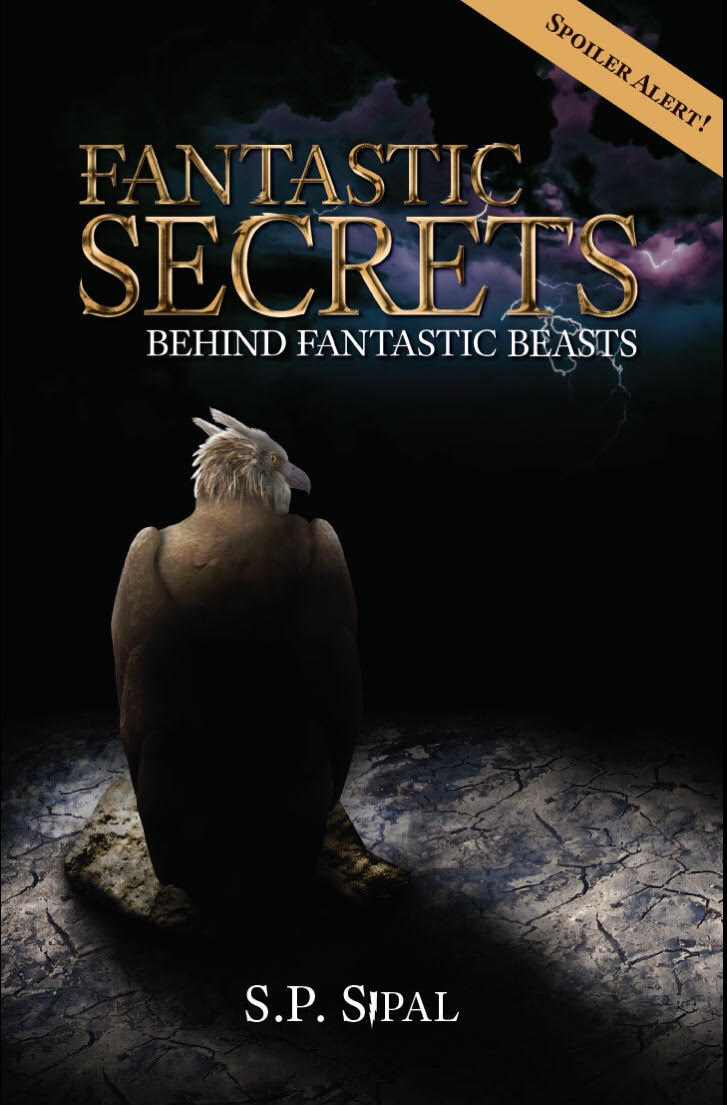[button color=”black” size=”big” link=”http://affiliates.abebooks.com/c/99844/77798/2029?u=http%3A%2F%2Fwww.abebooks.com%2Fservlet%2FSearchResults%3Fisbn%3D9781416995654″ target=”blank” ]Purchase here[/button]
In the sequel to The Accidental Hero, young Jack Blank has five days to save the world. And yet he wastes most of that time trying to keep a terrifying secret that could instantly transform him from the hero who saved the Imagine Nation to an enemy who cannot be trusted. Kids and their priorities!
If you’ve followed the Jack Blank trilogy thus far, you already know that the Imagine Nation is a secret floating island populated by the world’s superheroes, androids, ninjas, medieval warriors, futuristic types, and aliens from outer space. Basically, they’re all the folks about whom comic books are meant to educate the world. They live together on a hovering island of green crystal peaks, fringed by waterfalls, in a diverse and fantastic city, and all of it shielded from normal people’s sight until the world is ready to accept them.
A year ago Jack found his way there from an orphanage in New Jersey, and discovered his own superpower—controlling machines with his mind. Although he defeated the evil cyborg Revile and embarrassed the power-grabbing supergenius Jonas Smart, he still has worries. Revile is only the forerunner of the Borg-like Rüstov: a race that spreads by infecting organic life-forms with a nano-chip virus that converts them into robot-zombie warriors. Revile has done worse than predict that Earth will fall to the Rüstov. Before Jack defeated him, he revealed that he is Jack—a future, super-Rüstov version of Jack who came back in time to kill himself before he could destroy countless other worlds. It would be bad if everybody in Empire City found out about this. They would never believe that Jack is determined to fight the possible future represented by Revile, to pilot his fate in a different direction, to be a hero to humanity rather than the worst villain ever. They would insist on the same thing Revile wanted: killing Jack, just to be on the safe side.
Obviously, Jack doesn’t want this to happen. So you can understand his need to keep this a secret. His self-interest happens to coincide with a more important reason to protect his secret. With his special aptitude for technology, Jack may be the only hope of curing another Rüstov virus, a spyware program that turns infected Mechas (technological life-forms) into unwitting spies for the enemy, and that could, in the worst-case scenario, turn every electronic device in the world into a Rüstov fighting machine. Jack doesn’t want this secret to come out either—for the more noble reason that the resulting panic could lead to violence between factions of the Imagine Nation. He needs time to work on a cure for the spyware virus, and he needs to protect his secrets in order to buy that time.
But lo and behold, a rogue member of the Clandestine Order of Secreteers—mysterious people with memory-altering powers, who protect the island’s most delicate secrets—has announced to all of Empire City that the Rüstov will conquer Earth in five days, and resistance is futile, every entity for him/her/itself, and he is ready to sell everyone’s secrets to whoever will contribute to his going-on-the-run fund. Suddenly Jack’s top priority is getting to Obscuro, partly to protect his precious secrets, and partly to extract from him the knowledge he needs to perfect his cure code for the spyware virus. But while Jack and his super-friends are running around the city trying to catch Obscuro, or possibly his supervillain accomplices, he emphatically isn’t in the lab cracking the cure code. The countdown to Earth’s defeat is ticking away, and Jack’s personal agenda more and more gets in the way of doing what he really needs to do to save the world.
As secrets beget lies, and lies beget betrayals, and betrayals beget humiliating disasters, Jack finds himself losing the trust of the people who really deserve to know the truth. Jack’s mistakes, and the consequences he bears for them, are an instructive lesson on the trouble with using villainous means to pursue a heroic agenda—or using plans to “make the world a better place” to justify sneaking, deceiving, double-crossing behavior.
While Jack takes this lesson to heart in a painful way, his bitterest opponent—rich, ambitious inventor, media magnate, and politician Jonas Smart—illustrates another very timely lesson for our society today. Smart represents the type of leaders, or would-be leaders, who divide people against each other in order to weaken any possible opposition to themselves; who promote themselves through a special relationship with the media that blurs the line between journalism and propaganda; and who exploit the people’s fear to bully them into accepting “security” measures like spying on everybody, burying inconvenient people in secret prisons, and using a private police force that operates outside the law. In brief, Jonas Smart is a poster-boy for all that is wrong with totalitarianism. It’s perhaps the most amazing commentary on political issues in youth fiction since the Ministry of Magic storyline in Harry Potter.
This is especially remarkable coming from an author whose most significant prior experience was producing a series of Spring Break specials for MTV. Clearly his talents have only just started to be put to their proper use. Now that he is writing full-time (a career change that went into effect with this book), I am excited to see what directions his talent will grow in. So far the only indication of this is the third book of the Jack Blank trilogy, titled The End of Infinity—which, moving ahead from this book’s cliffhanger ending, will establish once and for all whether Jack is Earth’s best hope or worst nightmare. Ambiguous as his destiny may be, one thing is not ambiguous to anyone reading this series. We care what becomes of Jack. And after this wild, weird, thrill-packed installment, we will be on the edge of our seats until we find out.
Buy the Book!
by Matt Myklusch’s Website
Recommended Ages: 12+





